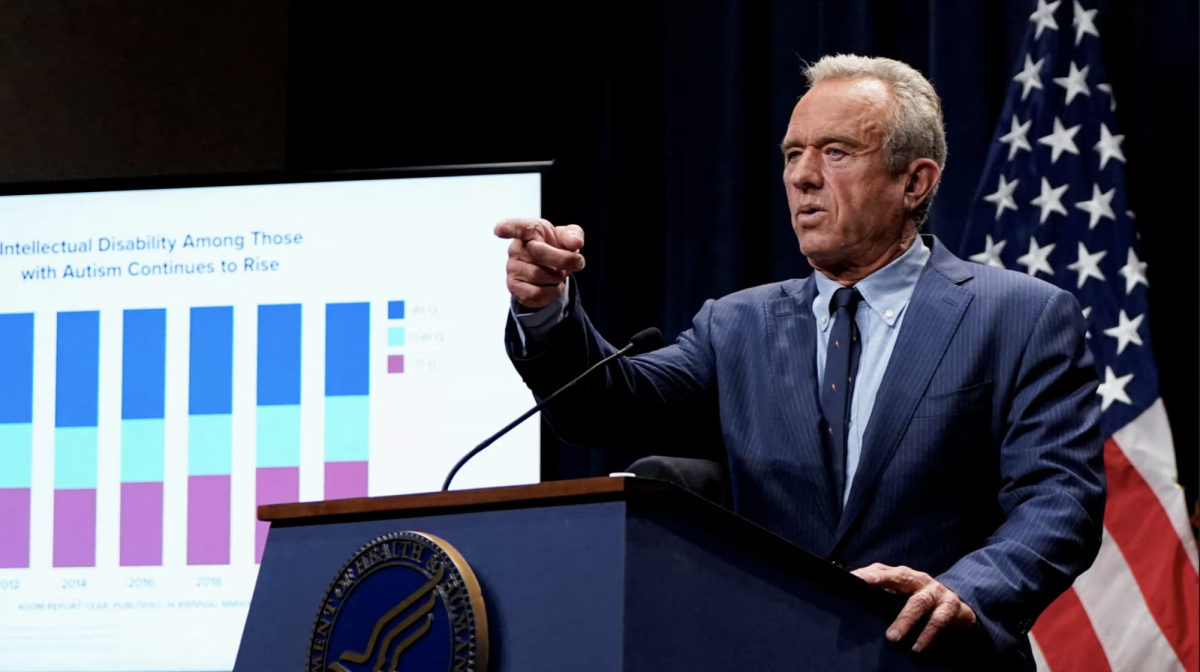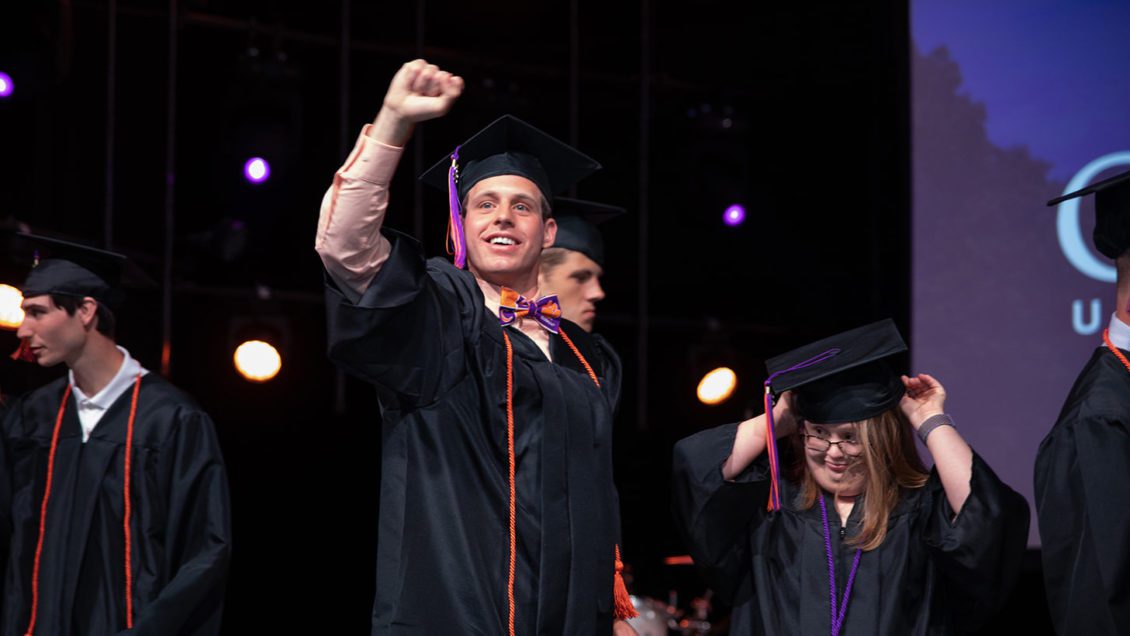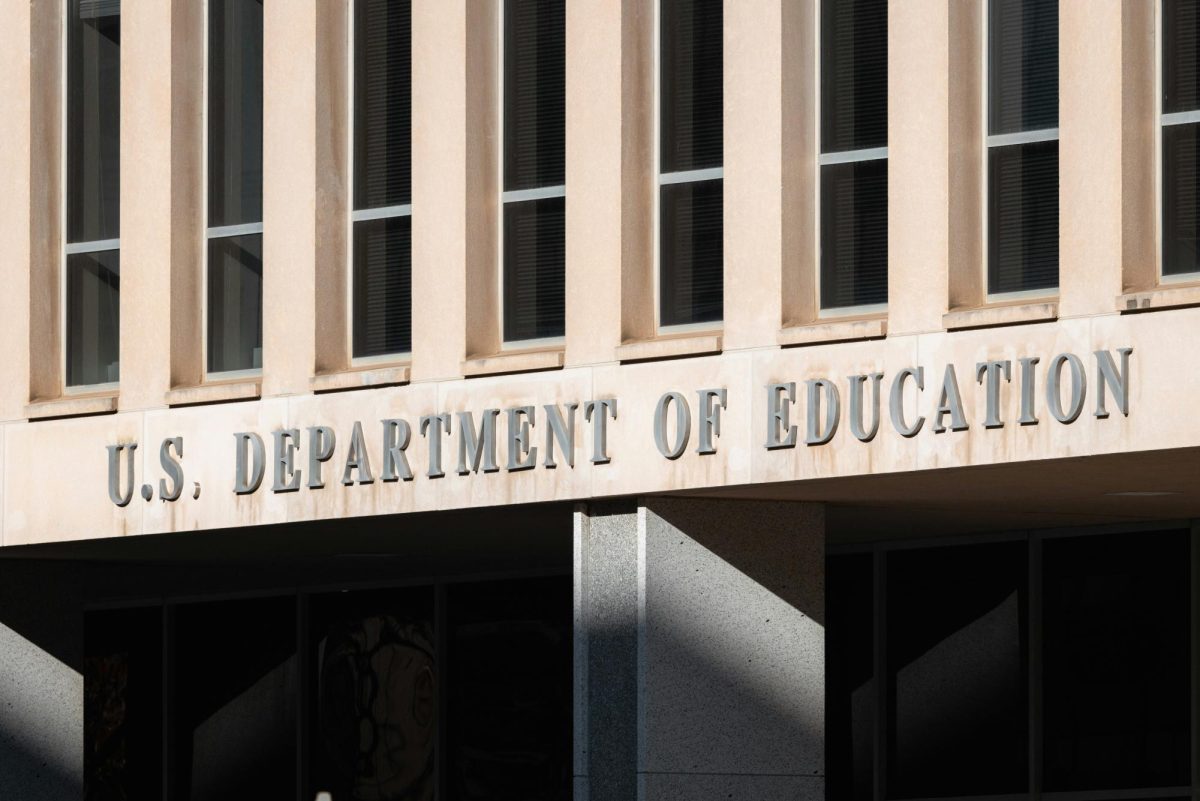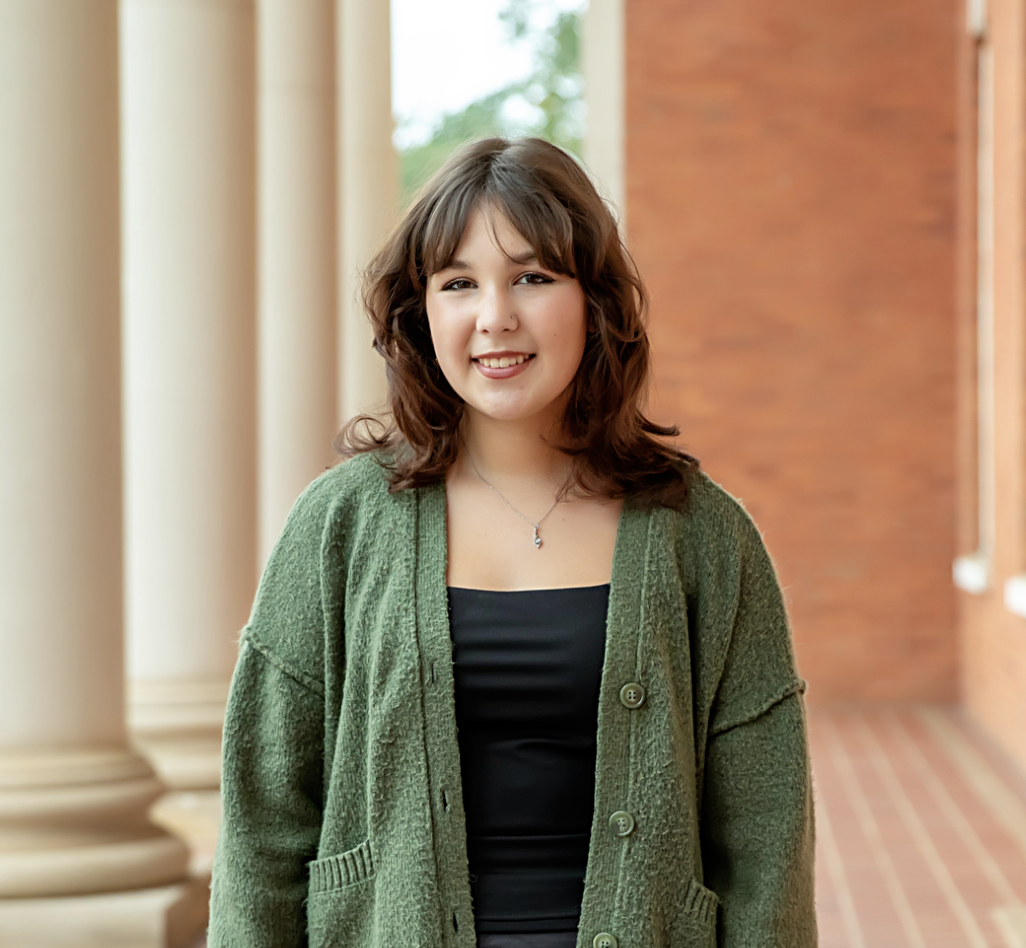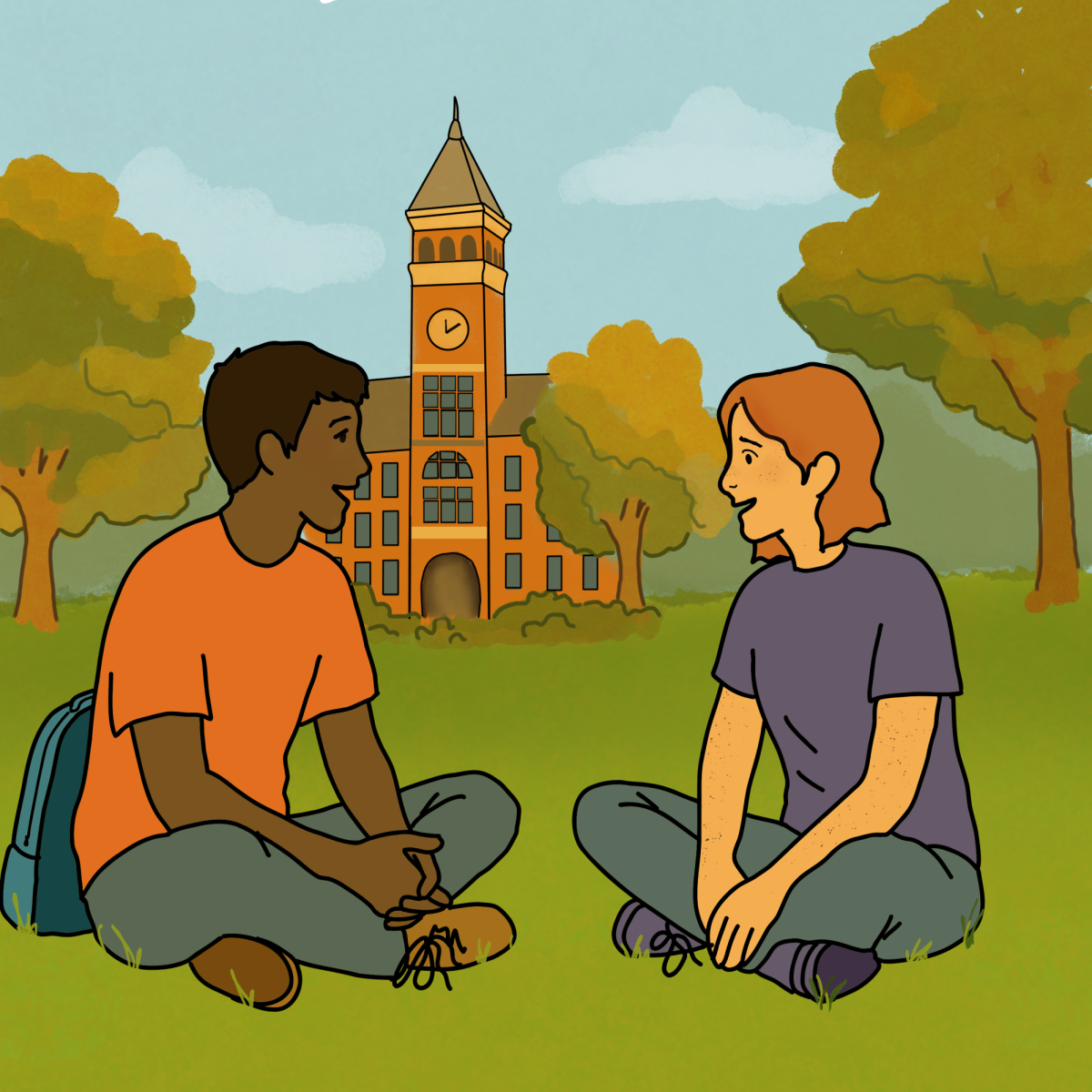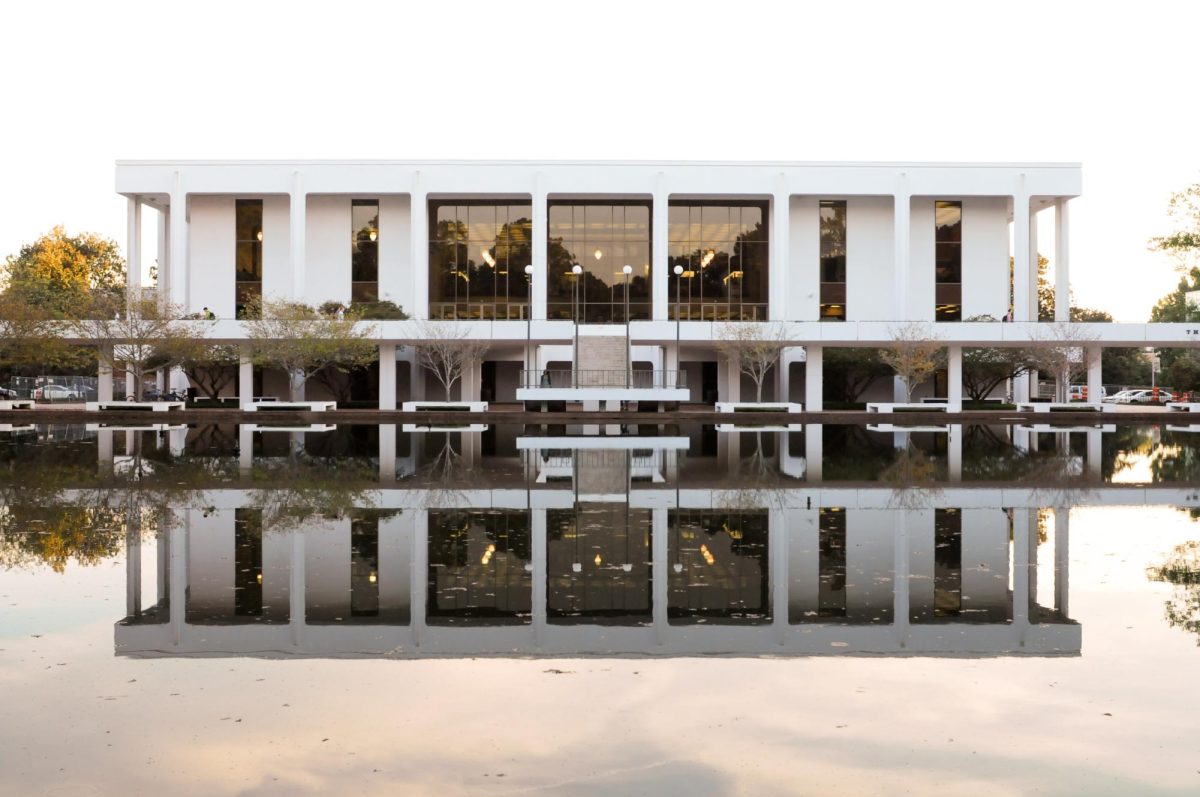The American judicial system contains a delicate trial process, and the recent mass publicization of cases complicates how justice is served.
The media recognizes the vulnerability of many court proceedings and the eye-catching details of each case. Historically, this is seen in many widely publicized cases such as The People of the State of California v. Orenthal James Simpson and Casey Anthony v. State.
This continues to be a persistent issue and is seen recently in the publicization of the State of South Carolina v. Richard Alexander Murdaugh trial.
This case quickly escalated into a media circus between feature episodes, articles, live streams and documentaries. Not only does this present a moral dilemma exploiting tragedies, but the court’s neutrality comes into question.
Jurors are supposed to be completely neutral going into the trial with minimal knowledge of the case at hand. However, the media coverage of these cases makes it highly likely that jurors know the facts before hearing anything from the court.
“There is substantial data in this as well as other studies to demonstrate that pretrial publicity prejudices jurors and (there is) little reason to believe that this prejudice is removed before jurors hear testimony and reach verdicts,” as concluded in a recent study, according to the Constitutional Rights Foundation.
This can also come with faults, as seen in cases like Depp v. Heard, where the national audience’s strong interest in the trial due to media portrayal presented a risk of influence on jurors.
Elaine Bredehoft, Heard’s lawyer, was fully aware of the influence of the media on her case and stated, “What they’ll do is take anything unfavorable — a look,” Bredehoft said. “They’ll take out of context a statement and play it over and over and over and over again.”
Media involvement is not always a bad thing, however. The more cases are covered and broadcasted, the more the courts are accountable for upholding justice. A trial with a national audience will push judges and jurors to make a choice that the American people see as just and will, in return, continue to trust in the court system.
The televising of cases has yet to be found to correlate directly to the justice of the courts. However, the narratives produced due to the media’s involvement place hindrances on the justice process and bring moral values into question.
Kylie Tutterrow is a freshman undeclared major from Spartanburg, South Carolina. Kylie can be reached at [email protected].
Danger in the publicization of trials
Kylie Tutterrow, Asst. Outlook Editor
March 9, 2023

Star Blevins // Alumna
The tiger practicing law
0
About the Contributor

Kylie Tutterrow, Associate Editor
Donate to The Tiger
Your donation will support the student journalists of Clemson University. Your contribution will allow us to purchase equipment and cover our annual website hosting costs.
More to Discover


